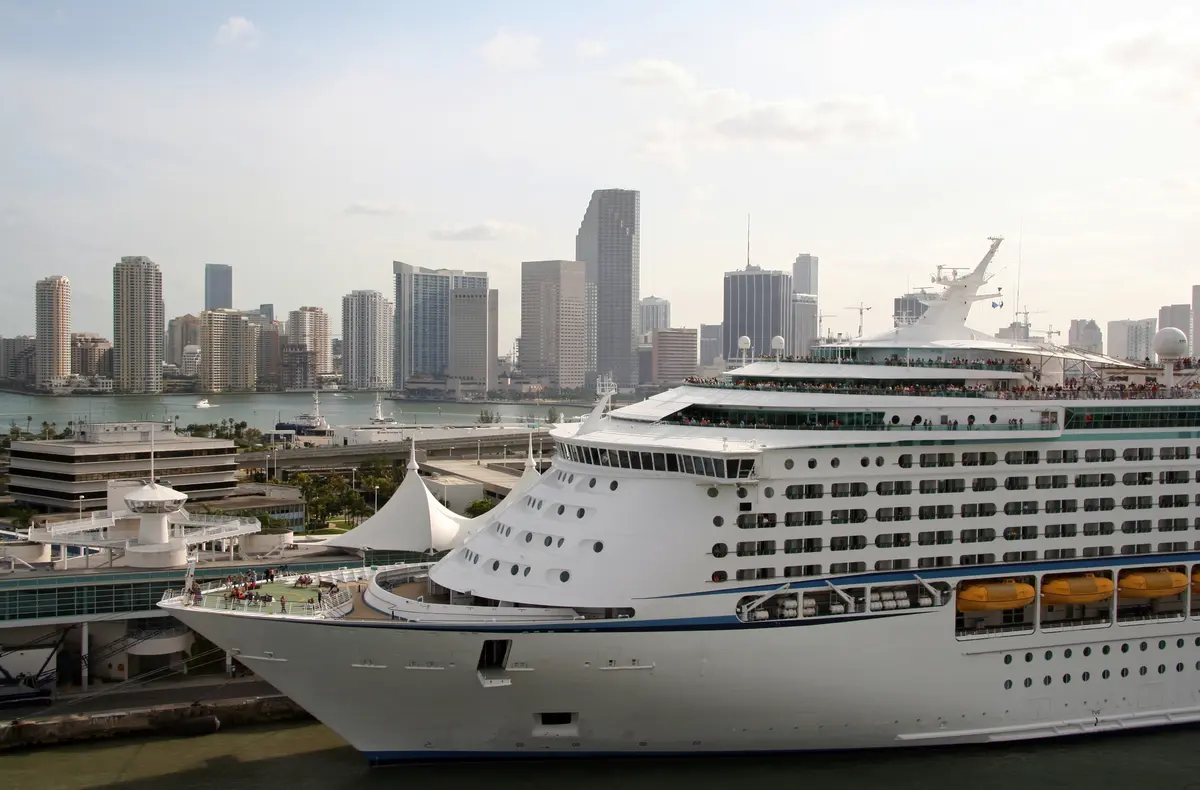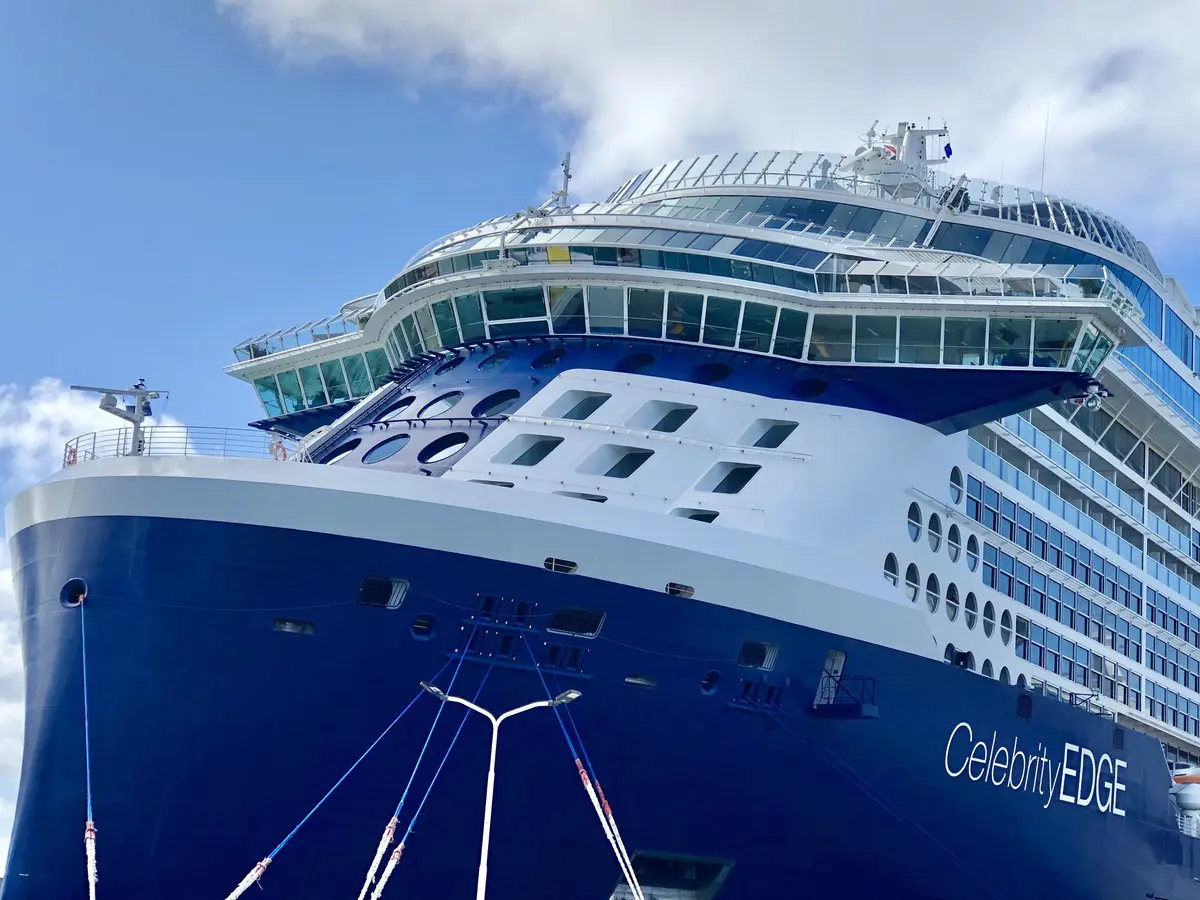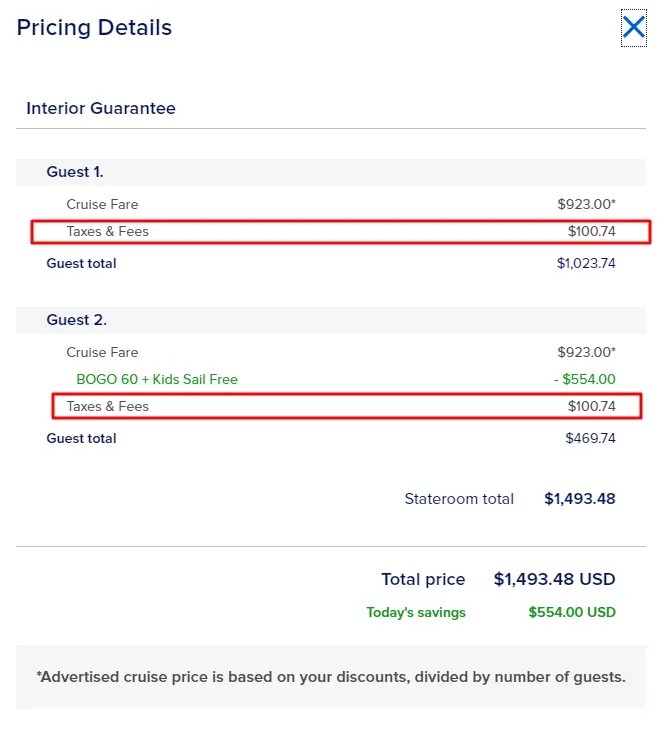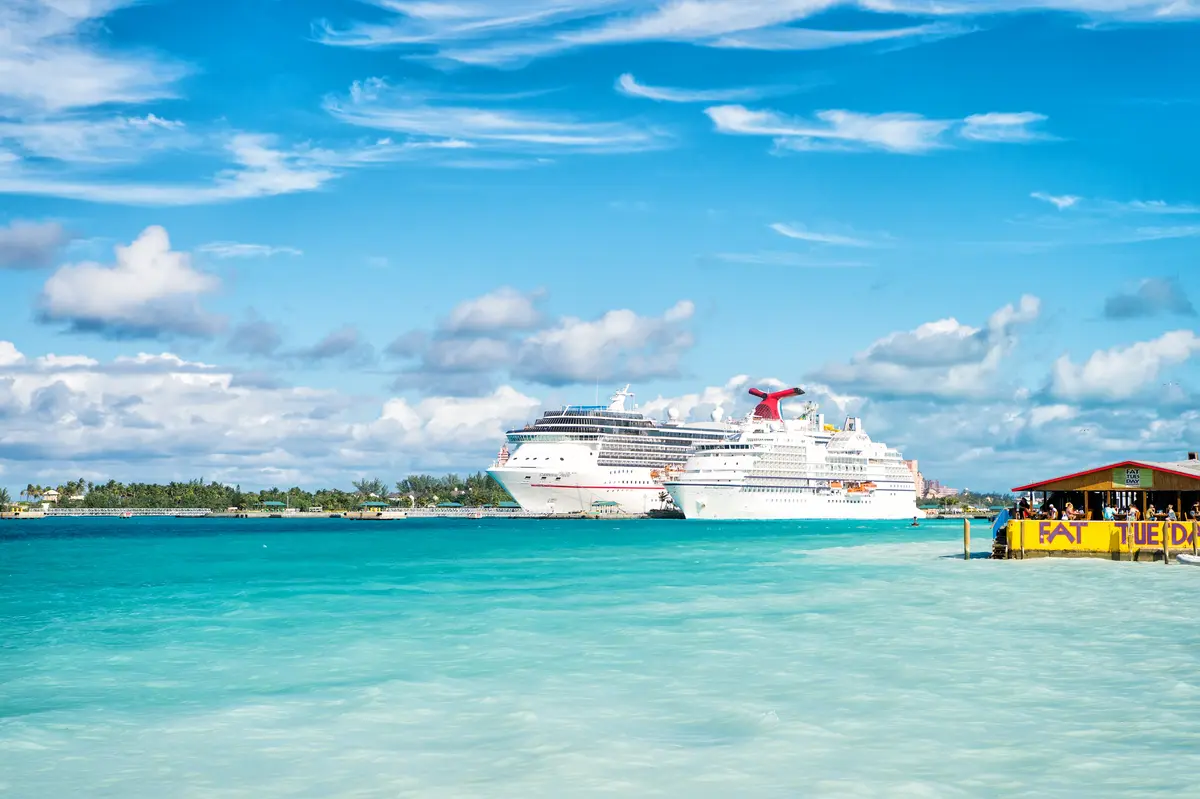Expect a change in how you see Royal Caribbean prices in the future.

California's new consumer protection law will change how Royal Caribbean advertises its cruise fares in the United States going forward.
Beginning July 1, 2024, Royal Caribbean International and Celebrity Cruises will include taxes and fees as part of the advertised price that were previously left out until the checkout process.
The California legislature passed the California Consumer Legal Remedies Act (CLRA) in 2023, and was signed into law by the Governor.
The change in the law is meant provide consumers with a clear price upfront, rather than leave them surprised by additional fees later on during the booking process. By making it the same across the United States, Royal Caribbean feels it will reduce confusion, "Treating California differently than the rest of the United States could
have created confusion and introduced unnecessary complexity."

The change is simply meant to enhance transparency. It neither impacts the total price of the cruise nor the portion of the fare that's commissionable to travel agents.
Silversea Cruises will not need to make any changes, because its prices already include all required taxes, fees, and port expenses.

This change was sent in an email to travel agents by Royal Caribbean to inform them of the policy change that will impact both Royal Caribbean and Celebrity. Carnival Corporation announced a similar change in April for its brands of cruise ships that include Carnival Cruise Line, Princess Cruises, Holland America Line, and Cunard North America.
For example, if Royal Caribbean's website advertises a fare today that's $646, the fees will be broken disclosed and added to the total the final stage of the booking process. In this example, the Taxes and Fees amount to $201.48.

The idea is to not surprise consumers at checkout, especially with some port fees amounting to hundreds of dollars per person.
The changes take place as of July 1, 2024.
What are port fees?

Port fees are charges imposed by each port of call to allow the ship to dock, and these fees are passed on to passengers by the cruise line. Regardless of whether you're staying in a luxurious two-bedroom suite or a standard inside cabin, everyone onboard pays the same amount.
Unlike gratuities, port fees are included in your total cruise fare and must be paid in full by the final payment deadline.
Typically, these fees are a combination of several charges, including the per-passenger (head tax) fee, docking fee, and pilot fee. The pilot fee covers the costs associated with the local harbor pilot who guides the cruise ship into port. The head tax helps offset the expenses of guests using local infrastructure.
Lastly, the docking fee is what the local authorities charge the cruise line for the right to dock and for the services required.
No changes to commissions

Royal Caribbean also added that the calculation of your commissionable earnings will not be altered.
This means there's no change to how travel agents make money either.

